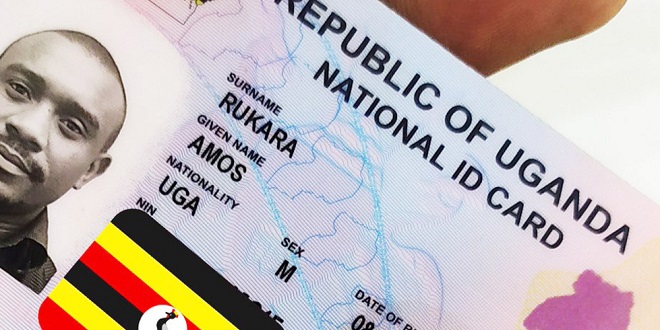In a significant development, the National Identification and Registration Authority (NIRA) has announced that by August next year, a staggering 15.8 million national identity cards are set to expire. This revelation was made during a recent workshop to educate the media about the upcoming mass enrollment exercise.
NIRA Executive Director, Rosemary Kisembo, highlighted the scale of the task ahead. “A total of 15.8 million national IDs are due to expire by August 2025 and will be considered for renewal during the mass enrollment exercise,” Kisembo stated. This mass renewal is a crucial part of NIRA’s broader strategy to update and upgrade the national identification system.
The new national IDs will incorporate advanced features, including iris recognition, which aligns with global standards and enhances the security and reliability of identification. This upgrade is particularly significant in regional integration and cooperation within the East African Community (EAC). Also, this technological advancement aims to bolster the security and authenticity of the identification process.
During her address on Monday, Kisembo shared insights into the current state of national registration. “Only 27.4 million Ugandans are currently registered, out of the 45.9 million, according to the latest census figures,” she said. This significant gap underscores the urgent need for the forthcoming mass enrollment exercise, which targets between 17 and 18 million Ugandans who have never been registered.
“In essence, there are between 17 to 18 million new Ugandans to be registered. Daily, we register one million new Ugandans and if we were to go with this pace, it would take us 17 years to register all of these people,” Kisembo explained. This highlights the enormity of the task and the need for an expedited mass enrollment process.
Kisembo further elaborated that the mass enrollment will also address the registration needs of the approximately 1.5 million Ugandans born each year, according to statistics from the Uganda Bureau of Statistics (UBOS). She emphasized the importance of registering all newly born babies to ensure they receive at least a National Identification Number (NIN).
While national IDs are issued to individuals above 16 years of age, younger Ugandans are provided with NINs. The mass enrollment exercise will not only ensure that expired IDs are renewed but also aim to bring millions of unregistered citizens into the national identification system.
Beyond internal administrative efficiency, the mass enrollment and upgraded IDs have broader implications for Uganda’s foreign policy and regional integration efforts. Secure and reliable national IDs are pivotal in cross-border relations, trade, and security within the EAC. They facilitate smoother movement and verification processes, fostering trust and cooperation among member states.
Furthermore, the data collected during the mass enrollment will be critical for compiling the national voters’ register, which will be submitted to the Electoral Commission in preparation for the 2026 general elections. This initiative ensures that Uganda’s democratic processes are underpinned by a robust and secure identification system, further bolstering the country’s political stability and regional influence.
Therefore the upcoming mass enrollment exercise announced by NIRA is not just a national administrative task but a strategic move with significant ramifications for Uganda’s foreign policy and its role within the East African Community. By enhancing the security and comprehensiveness of its national identification system, Uganda is poised to strengthen its internal governance and regional standing.
Do you have a story in your community or an opinion to share with us: Email us at editorial@watchdoguganda.com













